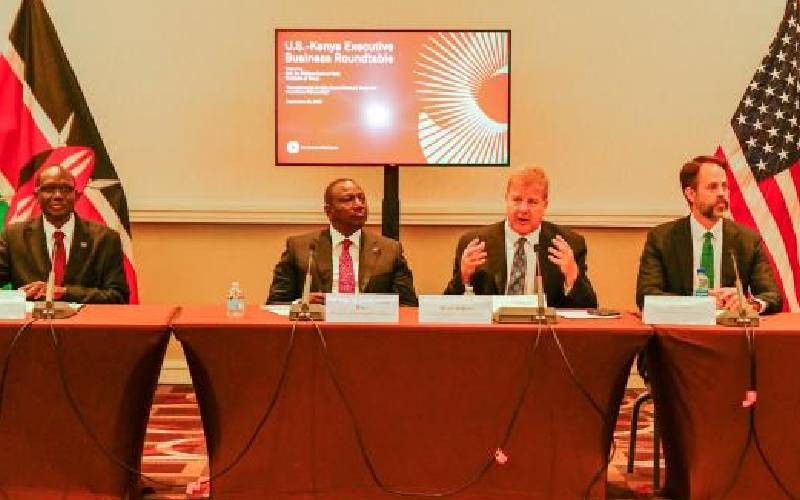×
The Standard e-Paper
Fearless, Trusted News

President William Ruto has illustrated his ambitious plan to use agriculture to respond to the adverse effect of the climate change crisis in Kenya.
In his maiden speech at the 77th session of the United Nations General Assembly in New York, Ruto said his government intends to invest in modern agricultural technology as a high-priority action to tackle prevailing environmental challenges.